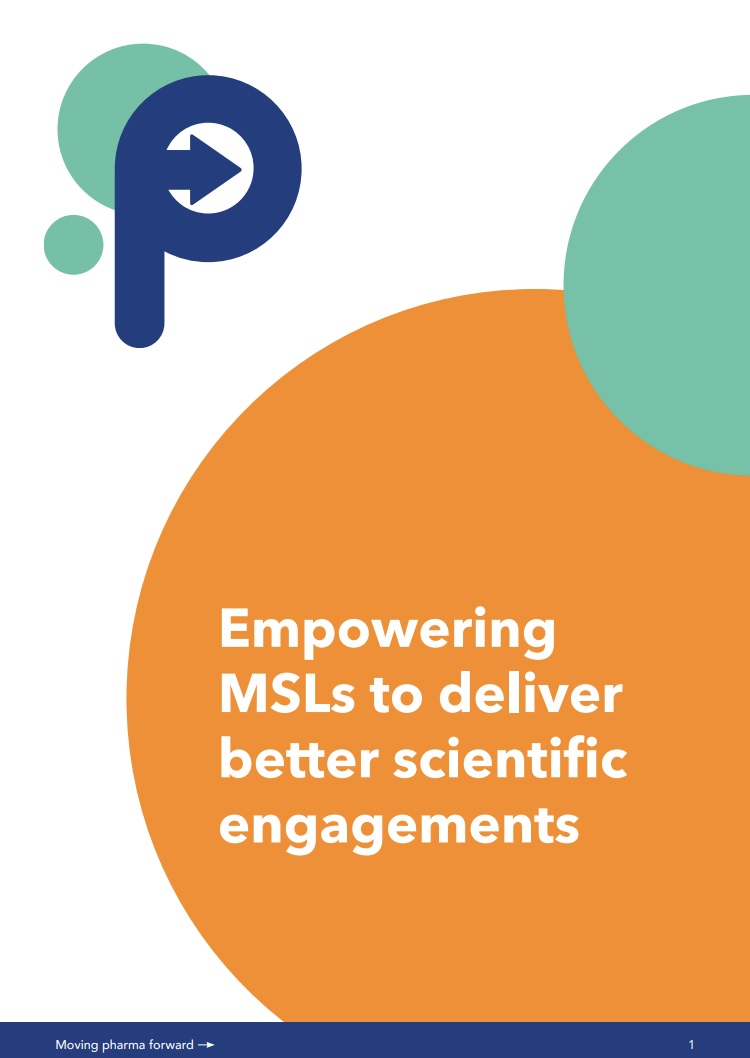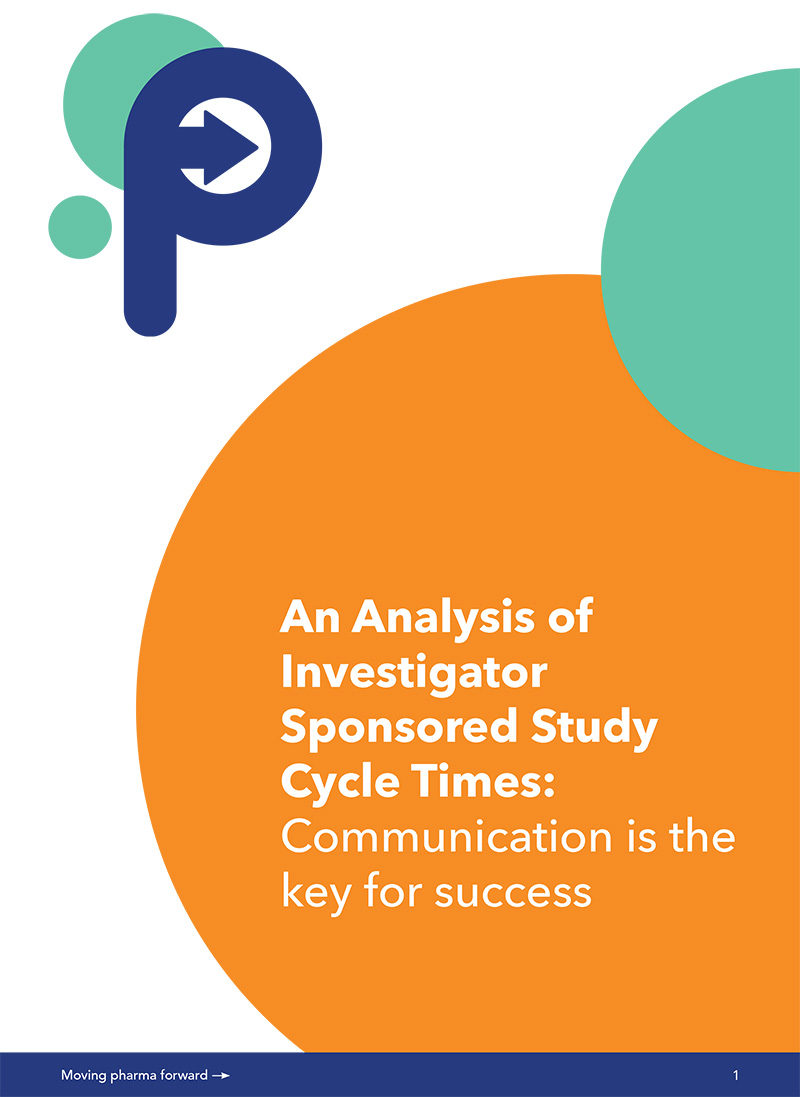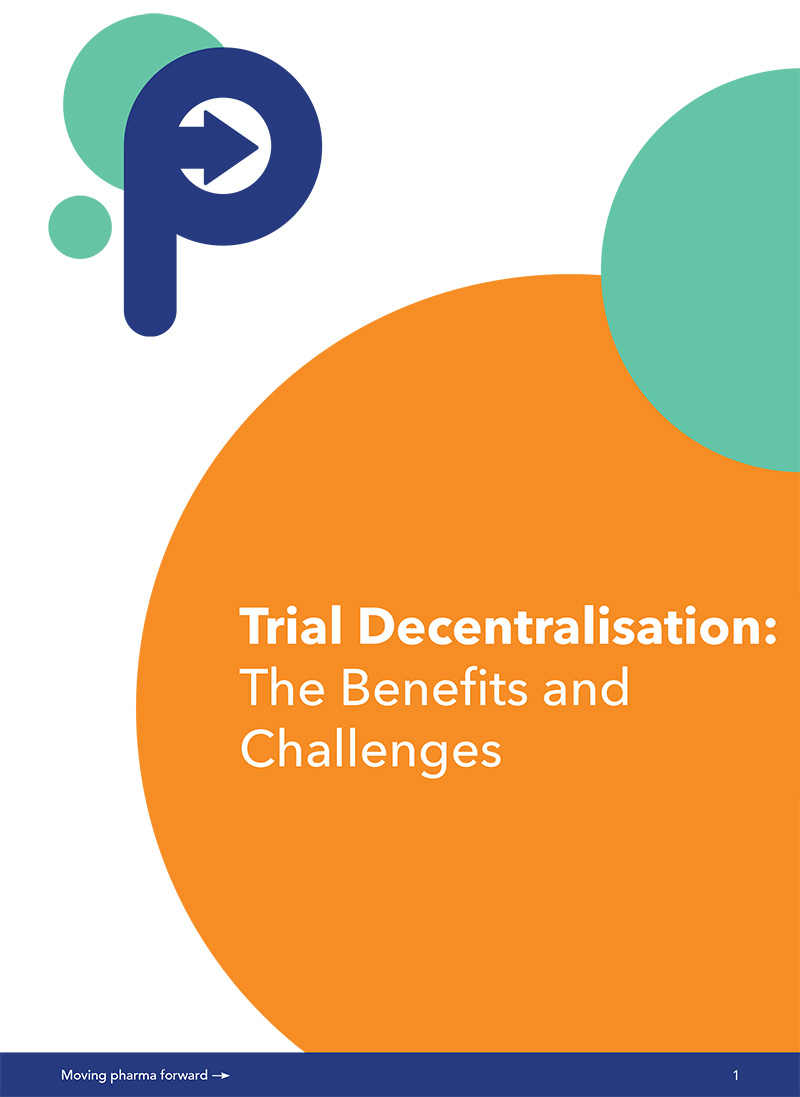White papers

Empowering MSLs to deliver better scientific engagements
HCPs’ increasing reliance on the scientific expertise of MSLs is positioning the role as an essential strategic resource for Pharma companies. This trend has resulted in a boom in the number of MSLs across the industry – since 2010 MSL headcount has increased by 300%.
However, many Medical Affairs teams remain underfunded and struggle to provide MSLs the support and resources they need to effectively carry out their impactful work.
Oliver Spray has written our most recent whitepaper titled ‘Empowering MSLs to deliver better scientific engagements’, which examines three challenges MSLs face in delivering impactful HCP engagements as well as providing proposals to Pharma on how to overcome them.

An Analysis of Investigator Sponsored Study Cycle Times: Communication is the key for success
Pharmaceutical companies conduct evidence generation activities within Medical Affairs through Investigator Sponsored (ISS), Company Sponsored (CSS), and Collaborative Research Studies (CRS). The timely completion of these studies is vital to generate relevant evidence for the wider scientific community; and helps to ensure that studies complete on budget.

Trial decentralisation: The benefits and challenges
Over the course of the pandemic the use of Decentralised Clinical Trials (DCT) increased significantly, with around 87% of sponsors and contract research organisations conducting or planning to conduct trials with decentralised aspects – compared to 28% prior to the pandemic. The primary driver for this shift was to avoid delays in clinical trials that included vulnerable patients that were unwilling or unable to come onto site.
As the adoption of trial decentralisation rises, a number of challenges have presented themselves…

